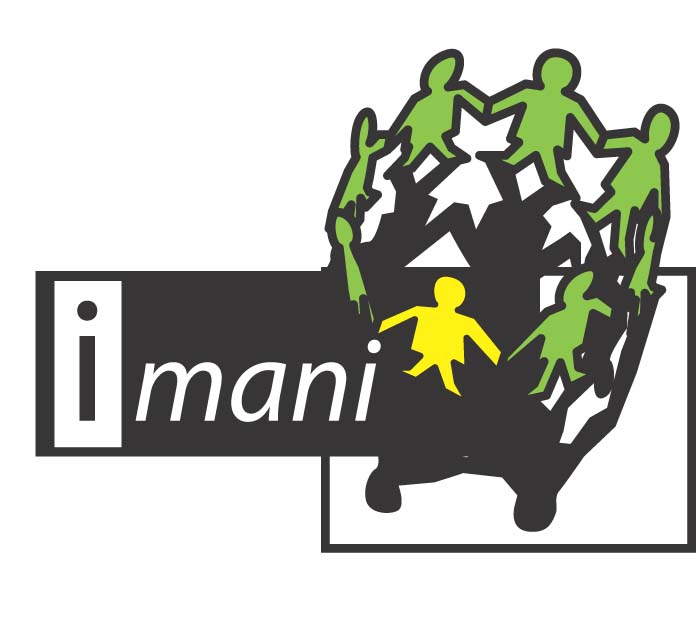Imani zorgt ook voor kinderen wiens moeder in de gevangenis zitten. Hier een kranteartikel uit de Keniaanse krant the Nation met een verhaal over kinderen die wel in de gevangenis opgroeien:
Uit de Nation september 2010:
Young ones only leave prison when their mothers attend court hearings
They have not been outside the prison gates for as long as they can remember. They have never not known what monkeys looked like. Nor had they eaten chips, let alone sausage.
Many Kenyans take freedom for granted, but not three-year-old Julius Mwai. For the first time in his life, while accompanied by 21 other children from Nakuru Prisons, he got a chance to tour Lake Nakuru National Park last weekend in a rare occasion organised by the Rift Valley Provincial Children’s Department.
The children who have never stepped out of the prison gates except when being taken to the law courts to hear their mothers’ cases encountered various wild animals and explored a world they never knew existed.
The joy of seeing flamingoes, which after several attempts of pronouncing the name, had them settle for kukus (chicken) was unforgettable as Mwai started repeating a poem that his mother had taught him about Nakuru being the home of flamingoes.
The oldest in the group, he acted as the tour guide and often misled the children with his assumptions. The biggest animal they have seen was a cat and now they were seeing monkeys, which they named pussy kubwa.
It did not help when one snatched biscuits from them and they all struggled to beat it up and protect their treasured snacks.
Seeing buffalos were also a wonder to the children who kept asking who had left his cows to graze around unattended
White people at first, made the children scream that they were going to be stolen.
To many, that was the first time they had ever seen a white. How they got the idea that white people steal children remains a mystery, as they kept this well to themselves.
But as time went by, they got the courage and started waving at the tourists, and by the time they left the park, some had made friends.
Raised in prison, the only food they knew was ugali and sukuma wiki and an opportunity to eat chips and sausage was the crowning moment. Most of them admitted that they had never tasted a sausage.
“We thought we were the forgotten children. We are just normal children who want to enjoyour childhood,” said little Beth Wanja, with all the appearance of an adult.
Three-year-old Nelly Wangui, who wants to be a teacher when she grows up, was drawing everything she saw so that she could have something to show to her mum when she got back home. The youngest child in the group was one year old.
The rare break came from Prisons Baby Day Out, a new initiative of Eunice Njunguna, achildren’s officer at the provincial children’s department.
“The only home these children know is prison. They should have equal rights as any other child,” said Ms Njuguna.
The children whose mothers sleep on the floor so they can sleep on the prisons bed, were for once free in the real world.
